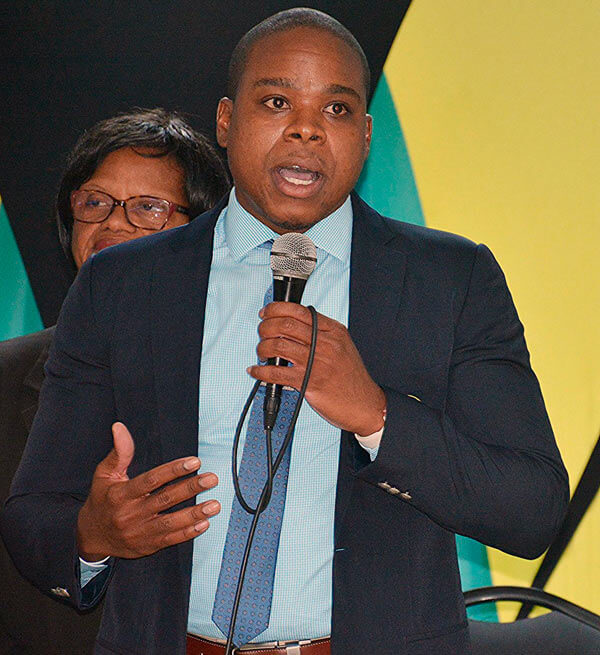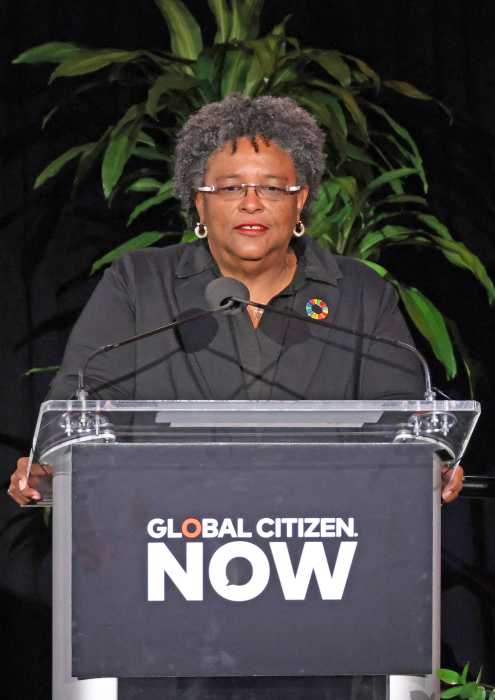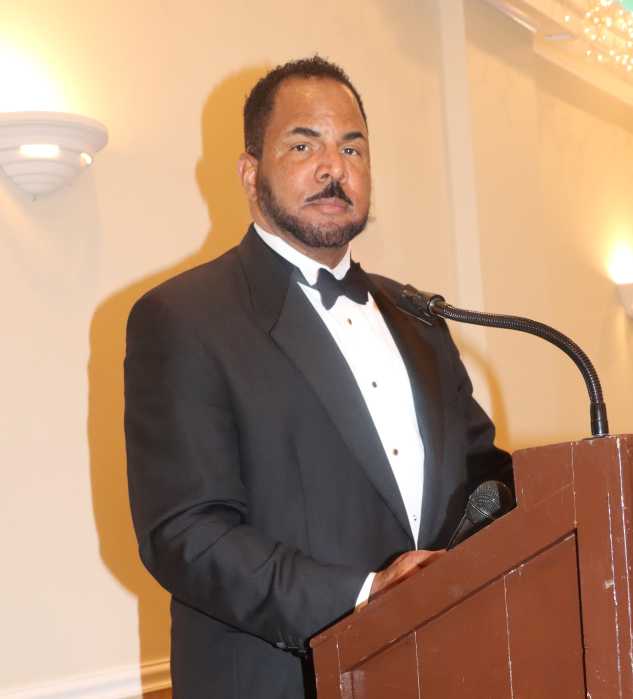Storm clouds are building in Barbados as workers representatives along with the private sector denounce planned massive tax increases, and one trade union threatens a mass march if government does not repeal the measures.
At the end of May government introduced the 2017-18 budget with $542 (Bar$1 = 50 cents US) in revenue-enhancing measures beginning July 01.
Among those measures is a two percent across-the-board tax on all foreign exchange transactions conducted by anyone on the island. This means that the levy will be placed on all activities involving buying United States or any other foreign currency from dealers, wire transfers, and for credit card purchases.
Another of the measures aimed at boosting revenue is an increase in a National Social Responsibility Levy (NSRL) on all imports from two per cent to 10 per cent.
Barbados is an importer with more than 70 percent of its goods and with a similar figure for inputs to its services, so the combined effect of a de facto devaluation of the dollar and a massive increase in one of its sweeping import taxes would make it more expensive to purchase items abroad.
The National Union of Public Workers, the island’s second strongest union, over the weekend announced that it was giving government until July 01, the implementation date for the new levies, to withdraw these taxes or its more than 9,000 strong members will take to the streets in a march of protest.
This union has been in negotiations with government for a pay increase for members whose salaries were not raised since 2009.
“In light of the challenges, the union is calling for the Minister of Finance and Economic Affairs Christopher Sinckler to either immediately repeal the tax measures, or to institute a coping subsidy for public servants until salary negotiations have been concluded,” said NUPW President Akanni McDowall after emerging from a union executive council meeting.
He added, “failing a response to the union’s concerns, permission has been given for the union to take industrial action to protect the interests of its members and the wider citizenry of Barbados”.
Finance Minister Chris Sinckler responded to the union’s threat by saying that because of government’s dire financial circumstances the alternative to the new tax measures is to send home public workers.
“There are a growing number of persons out there who believe that government should immediately and substantially reduce the size of the public sector, especially its wages bill …it simply means that government should send home thousands of public servants from the service,” Sinckler was reported saying Monday.
While the Finance Minister spoke of sending home public workers as an alternative to the new taxes, the Barbados Renewable Energy Association, that promotes the use of renewable energy across the island, stated that some members may have to lay off staff because of the new levies.
And in begging for a tax ease on its members, the Barbados International Business Association (BIBA) President Gregory McConnie said that the increase in the NSRL added to, “the natural inflationary impact of the combination of this and other taxation measures introduced on domestically sourced inputs, will raise the cost of operations for the sector. BIBA will continue to make representations to have the international business sector exempted from this tax.”
Meanwhile, the Barbados TODAY newspaper reported CEO of the Barbados Small Business Association, Lynette Holder saying that she will seek a mandate from her membership, who make up the bulk of local companies, on a national response to the taxes.
Discontent among labour and employers with the new tax measures point to a coming storm that government will be hard-pressed to stave off.


























